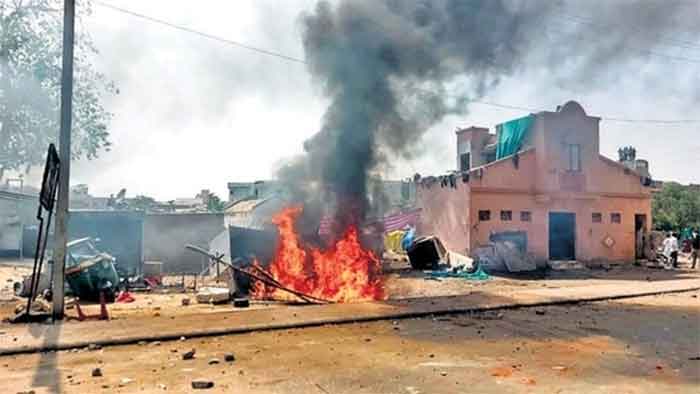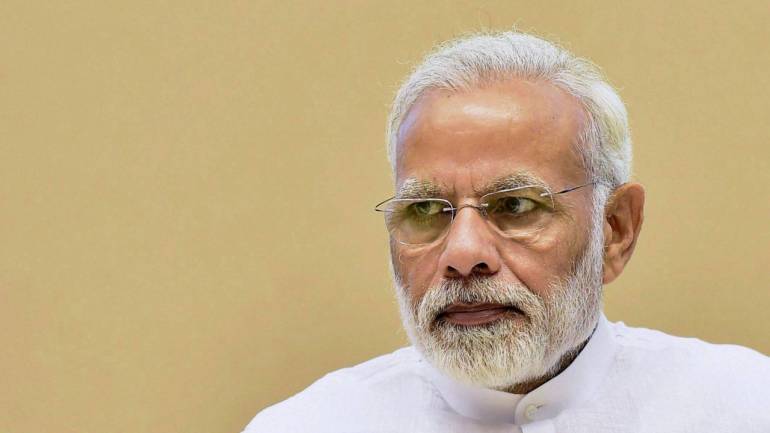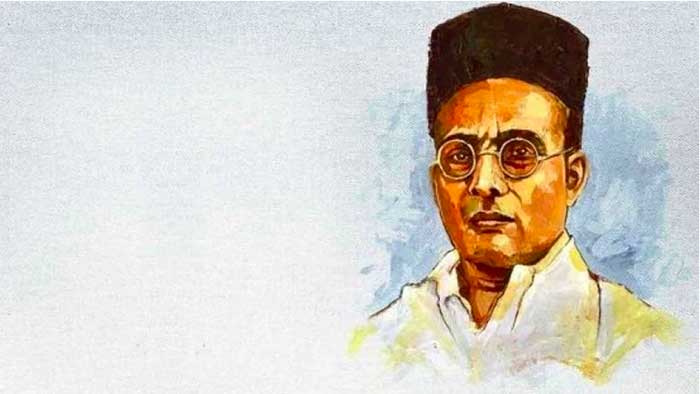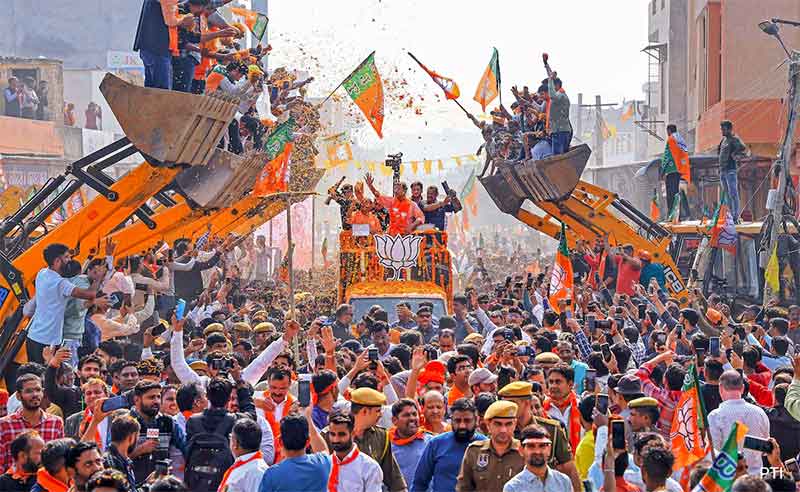
It is shockingly painful and disconcerting to note that on the occasion of Ram Navami (April 10) there was widespread violence that the Hindutvavadis indulged in some of the states. This violence, as Praveen Swami sharply and rightly remarks in his thought provoking article, “[t]o the Neo-Hindutva gang members… isn’t a means to an end. Rather, it is the end in itself. Everyone loves a good lynching”, to which I may be allowed to add: all this in the name of Ram.
That reminds us of the deeply evocative song of Kishore Kumar, from the 70’s movie Hare Rama Hare Krishna, which begins as follows:
Dekho o deewano tum ye kaam na karo
Raam ka naam badnaam na karo, badnaam na karo
Roughly translated this runs as follows:
Look, Oh crazy people, do not act like this
Do not bring dishonour to the name of Ram, do not bring dishonour.
In the movie, Devanand, the hero, through this song, addresses the drug addicted hippies, who in the name of Ram and Krishna have given rise to a drug culture.
The words equally apply well to the Hindutva goons, who have given rise to a culture of violence in the name of Ram, who went about engaging in despicable acts of vandalizing mosques, dargahs and Muslim houses on the Ram Navami day. One may be allowed to provide a slight modification to the words of the above song by replacing o deewanao with o hinduon.
In the name of Lord Rama, who the Hindus adore as Maryada Purushottam (the first among humans and morally upright) the Hindutva miscreants went on this rampage. What is obnoxious about this whole affair is the way in which they unabashedly proclaimed and invoked Ram, by sloganeering, as a prop to their violent adventures. By such acts they really brought a bad name (badnaam) to Lord Ram as well as to the Hindu community.
Hindutva is an ideological doctrine whose underlying principle is the establishment of the Hindu nation. Its aim is to exclude minorities, particularly Muslims and subject them to social and economic deprivation and even dispossess them of basic citizenship rights. In this process it is out to destroy the secular and social fabric through violence directed against the minority community.
And when this happens it is not only the physical injury, which of course causes grievous pain, that matters but also the very intention behind the act to injure directed against minorities. The very crux of Hindutva is this intention to injure, dishonour, outrage and violate. These intentions are operationalized in a well planned sinister design to incite hatred and provoke violence. By engaging in this kind of act these elements have not only violated the dignity of the Muslims but also of the Hindus.
As this article in the WIRE by Apoorvanand notes, Hindutva’s “politics of violence has caused immense cognitive damage to the Hindus.” “They have also lost sense of their self.” Giving examples of how brute majoritarianism works, Ramachandra Guha also remarks how this ideology in practice will hurt Hindus as well, in the long-term. The hurt to the Hindu dignity will result in the loss of sense of their self. What Apoorvanand and Guha have rightly said needs to be unpacked to realize how Hindus are becoming victims of their own violence engendered by Hindutva forces.
Such an exercise can benefit by drawing upon Newton Garver’s erudite philosophical essay on violence titled “What Violence Is” that was published in Nation in 1968 (Since it was published this essay has been so popular that it has been part of different anthologies). He begins his essay by stating that people adopt three different postures towards violence: those who deplore violence, those who renounce violence and those who embrace it. He was making this statement in the context of understanding what violence is.
The term violence is actually rooted in the concept of violation. In tracing the etymological origin of the word violence Garver says the word has the sense of “to carry force at or toward”. He further notes that the word “violation” comes from the same source as the word “violence”. When doing violence the perpetrator is aware that he is carrying out his intentions to violate the personhood of the victim. That is exactly what the Hindutvavadis are doing when they are engaging in such acts of violence. But in this case by resorting to violence on the Ram Navami day they have also violated the Hindu community.
It is clear from the video that the mob is acting with a force against Muslims but in the process what is guiding them in this act is a herd mentality influenced by a larger political force of an extremely insidious kind and one designed to be provocative. As a result this insidious political force is also directed against them that violates their personhood. They, in this way, become victims of violence.
It frustrates their own long term self-interests thus hurting their self- dignity. There is a loss of autonomy in what they are doing. Though overtly they are causing harm to Muslims but unbeknownst to them they are victims of their own violence. Such an act of herd mentality in violating others is therefore irrational and imprudent.
So it is violence also against the Hindus. Failure to treat others with dignity hurts ones own dignity. As the Hindus themselves have been violated of their dignity by this act they are thus deprived of an essential part of personhood. In this way they have inflicted violence upon themselves.
Garver notes in his essay that for people who embrace violence it just doesn’t matter where violence begins or leaves off. The mob, as captured in the video, has embraced violence knowing not where it begins and leaves off and how the very violence they are carrying out is covertly directed against the Hindus hurting their long term self-interest and dignity. The journalist and rights activist Aakar Patel’s poignant tweet in this context is significant when he says “the glee so many hindus feel at the homes of poor muslims being demolished portends ill for our country. we cannot progress by eating ourselves.”
S K Arun Murthi is Ex Faculty of Philosophy in IISER, Mohali (retired), Department of Humanities and Social Sciences

















































